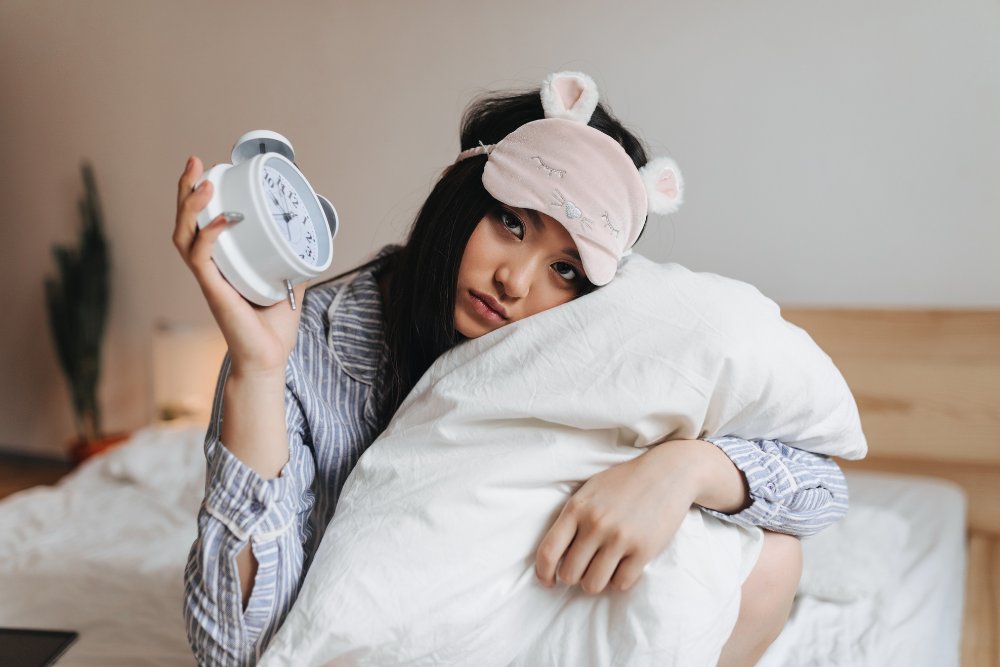The Silent Invader : A Sleep Scientist's Take on the War Against Insomnia!

Insomnia, the silent invader, steals our precious sleep, leaving us feeling exhausted, irritable, and unable to function at our best. As a sleep scientist, I have witnessed firsthand the devastating impact insomnia can have on people's lives. But fear not, fellow warriors against sleeplessness! Today, we're armed with the knowledge and tools to fight back against this pervasive enemy.
Understanding the Enemy: The Many Faces of Insomnia
Insomnia can manifest in various forms, each requiring a unique approach. Here's a quick guide to help you identify your foe:
- Transient insomnia: Lasting for a few days, this usually results from stress or a change in your environment.
- Acute insomnia: Lasting for up to 3 months, this can be triggered by life events, medical conditions, or medications.
- Chronic insomnia: Lasting for 3 months or longer, this requires professional intervention to address underlying causes.
The Battlefield: Identifying the Triggers of Sleep Loss
To effectively combat insomnia, we must identify its triggers. Some common culprits include:
- Stress and anxiety: These are major contributors to sleeplessness. Relaxation techniques like meditation and deep breathing can help.
- Poor sleep hygiene: This includes irregular sleep schedules, napping during the day, and using electronic devices in bed. Establish a consistent sleep routine, avoid naps, and limit screen time before bed.
- Medical conditions: Certain medical conditions, such as pain, depression, and sleep apnea, can disrupt sleep. Consult a doctor for diagnosis and treatment of any underlying conditions.
- Environment: A noisy or uncomfortable sleep environment can make it difficult to fall asleep. Ensure a quiet, cool, and dark bedroom for optimal sleep.
Weapons of Choice: Strategies to Combat Insomnia
Now, let's arm ourselves with the weapons needed to conquer the battlefield of insomnia:
- Cognitive Behavioral Therapy for Insomnia (CBT-I): This gold-standard therapy involves identifying and changing negative thought patterns and behaviors that contribute to sleeplessness.
- Relaxation techniques: Practices like progressive muscle relaxation and deep breathing can help calm the mind and body, preparing you for sleep.
- Light therapy: Exposing yourself to bright light during the day and avoiding it at night can help regulate your sleep-wake cycle.
- Exercise: Regular physical activity can improve sleep quality, but avoid strenuous workouts close to bedtime.
- Sleep restriction therapy: This involves limiting your time in bed to the hours you actually sleep, gradually increasing it as your sleep improves.
Additional Resources for Sleep Warriors
- Parvathy Hospital: https://www.parvathyhospital.com
- National Sleep Foundation: https://www.sleepfoundation.org/




